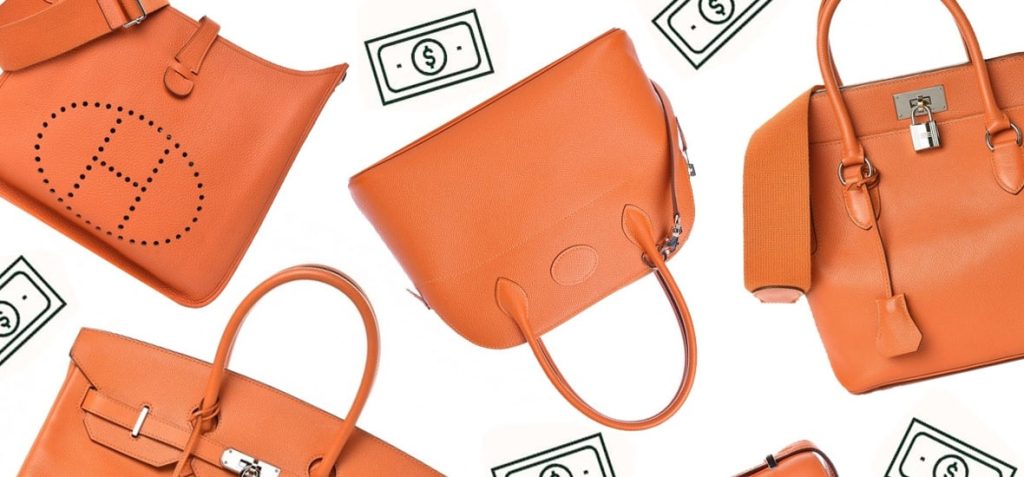Replica Handbags- A Fashion Crime or Financial Smartness?
The debate surrounding replica handbags often ignites passionate discussions about ethics, fashion, and financial choices. While some view the purchase of replicas as a fashion crime, others see it as a savvy financial decision. Understanding both sides of the argument can help clarify the complexities involved in this controversial topic. On one hand, supporters of authentic luxury handbags argue that buying replicas undermines the fashion industry. High-end brands invest significant resources in design, quality materials, and skilled craftsmanship. Purchasing replicas can devalue the brand, ultimately harming the designers and artisans who dedicate their lives to creating these exquisite pieces. Additionally, the counterfeit industry is often associated with unethical labor practices, including exploitation of workers in developing countries. These practices raise moral questions for consumers, who must decide whether they want to contribute to a system that thrives on deceit and exploitation. Moreover, authentic luxury handbags often carry a certain status and prestige, symbolizing wealth and success.

For many, owning an original piece from a luxury brand is more than just a fashion statement; it represents an achievement and an aspiration. This social currency can create a sense of belonging and recognition within affluent circles. In this context, replicas may be seen as an attempt to imitate this lifestyle without the associated investment, which can lead to feelings of inadequacy among those who choose to buy replicas instead. On the other hand, many consumers view replicas as a practical solution to an often inaccessible luxury market. High-end handbags can cost thousands of dollars, making them unattainable for the average shopper. For these individuals, purchasing a replica is a way to enjoy the aesthetic and style of luxury without incurring crippling debt. This viewpoint challenges the notion that luxury should be exclusive, positing that fashion should be accessible to all, regardless of financial status. In this light, replicas serve as a bridge between desire and reality, allowing people to express their personal style without compromising their financial stability.
Additionally, the advancement of technology has led to replicas that are increasingly indistinguishable from their authentic counterparts. This raises questions about authenticity and value in fashion. If a replica can deliver the same visual appeal and craftsmanship at a fraction of the cost, does that not challenge the very foundations of luxury branding? Advocates for replicas often argue that their purchases do not necessarily intend to deceive; rather, they appreciate the design without the need for brand loyalty. In conclusion, the choice between authentic luxury handbags and Replica Bags is fraught with moral, financial, and social implications. While replicas may offer an affordable alternative for style-conscious consumers, they also present ethical dilemmas regarding the support of the luxury fashion industry and the principles of authenticity. Ultimately, the decision rests on individual values, priorities, and the complex interplay between fashion and finance. As consumers navigate this landscape, it is essential to reflect on the implications of their choices, balancing personal desires with broader ethical considerations.